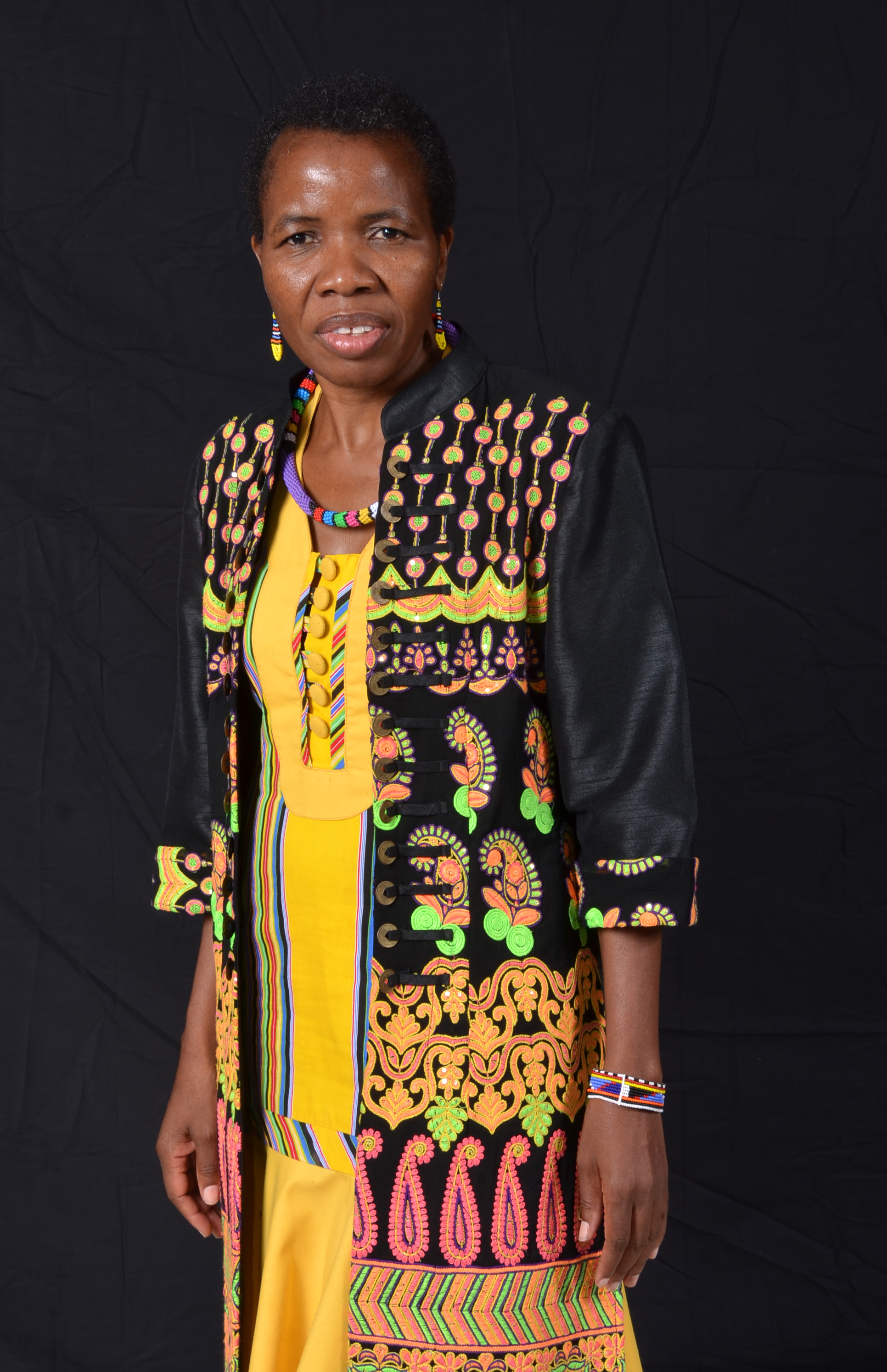College of Human Sciences
Eradicating the discrimination against LGBTIQ students

She further elaborated on her journey in the following interview:
Q: How does it feel to have won a WiSA award?
A: It feels so good, sometimes I realise that you can do a lot of work thinking that you are just doing it, not knowing that towards the end it will be recognised. For me it was just my passion to do my work and my work spoke for itself.
Q: What motivated you to do research on HIV/AIDS and be an advocate for the LGBTIQ community?
A: It was the inquisitiveness and also wanting to see the reason for what I am seeing daily. Working in the HIV/AIDS field we were forced to work with people who had HIV/AIDS and as a sister in charge of a ward I was aware that most nurses avoided working with HIV/AIDS patients because of the fear of contracting the virus. This inspired me to start workshops that would equip nurses with the knowledge of how to deal with those situations.
In 2004, I started my clinical and academic career as the HIV/AIDS coordinator at the University of Venda (Limpopo province). I noted during this period, despite the adoption of preventive approaches, there was a steady increase in new HIV infections and the death of staff and students from AIDS related conditions. These challenges motivated me to question, as part of my doctoral studies, how HIV/AIDS is managed at a rural South African university.
The focus shifted when a student got tested and the results came out positive and in his knowledge he thought he could not get infected because he was gay. This made me aware of the risks the LGBTIQ students were putting themselves in because being non-heterosexual was a disgrace in the rural area which resulted in students putting their lives at risk because their sexual desires were oppressed due to the environment, and that motivated me to be the advocate of the LGBTIQ community.
Q: What challenges have you experienced through your research journey?
A: My sexual orientation and HIV/AIDS status was questioned by my colleagues at the institution because they never understood why I decided to embark on a journey as an advocate for the LGBTIQ students. People would go to their churches and claim that I needed prayers because I stood for LGBTIQ students. It was difficult to even plan events because they would get cancelled at the last minute due to the lack of understanding on the importance of raising awareness. It was not an easy journey emotionally and it made me realise that the LGBTIQ students were stigmatised everywhere on campus because it was “not a Venda thing” but after educating students, slowly but surely they started to understand and change their behavior.
Q: Do you think African culture affects the acceptance of the LGBTIQ?
A: Health care professionals, whose worldview is shaped by cultural beliefs and practices, may perceive being non-heterosexual, and gender non-conforming as an illness, attributable to sorcery or witchcraft. Thus, it is frequently perceived by these health professionals as a taboo and /or an omen (matudzi matula).
Society blames LGBTIQ people individually as the ones who are causing all of the problems in the society. Culturally they expect everybody to get married and have kids by a certain age to a person with a different sexual orientation. Some lesbians in the support group I held at the University of Venda were forced to get pregnant and accept partners from a different sexual orientation chosen by their families and by doing so they were forced to have a window-dressing relationship and live secret lives aside, which becomes a high risk because there are multiple partners involved.
Q: Do you have any messages for upcoming researchers in this field?
A: Young researchers should be prepared to persevere and work hard because it is an emotional and taxing journey especially when no one will understand and support you. They should look for collaborators and mentors who know the field because they will assist them to go further in their research.
*By Nomshado Lubisi (CHS communications and marketing)
Publish date: 2017/09/29

 Unisa co-hosts G20 community outreach in the Eastern Cape
Unisa co-hosts G20 community outreach in the Eastern Cape
 Unisans gain membership of prestigious science academies
Unisans gain membership of prestigious science academies
 Advocating for disability transformation through servant leadership
Advocating for disability transformation through servant leadership
 Unisa Press continues to illuminate the publishing space
Unisa Press continues to illuminate the publishing space